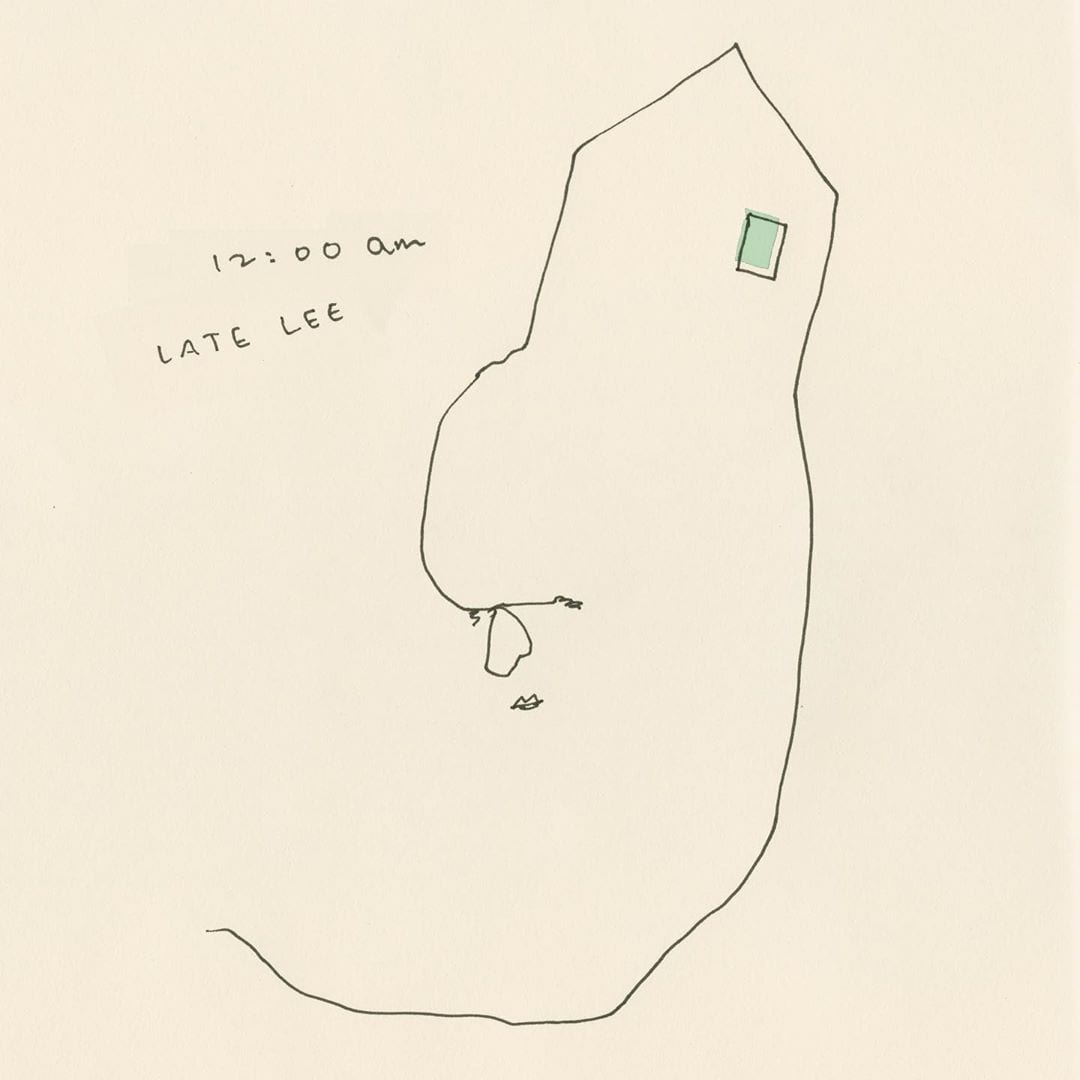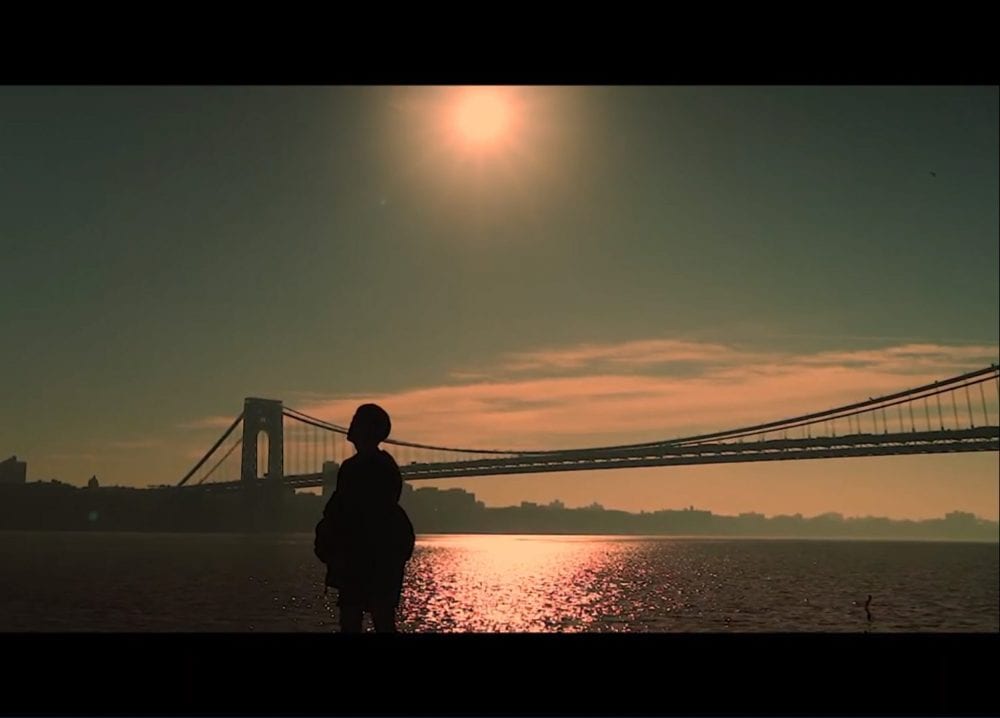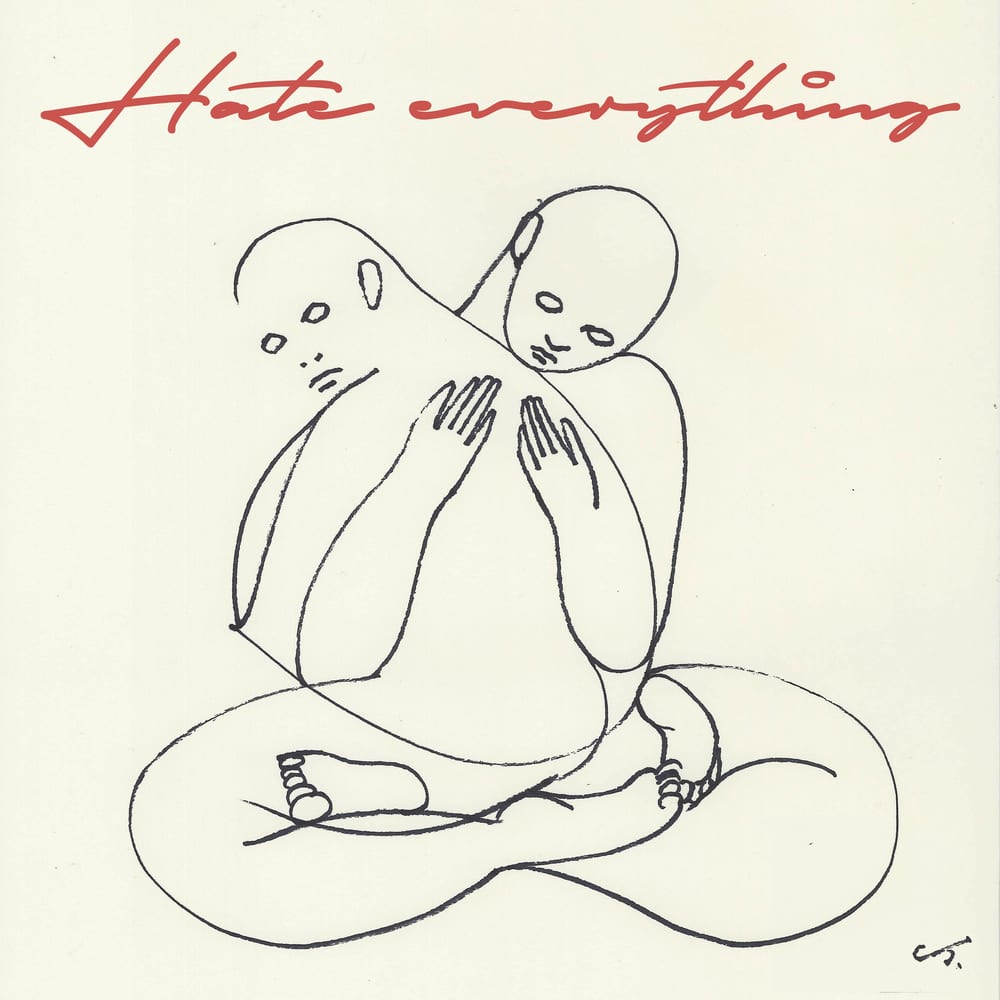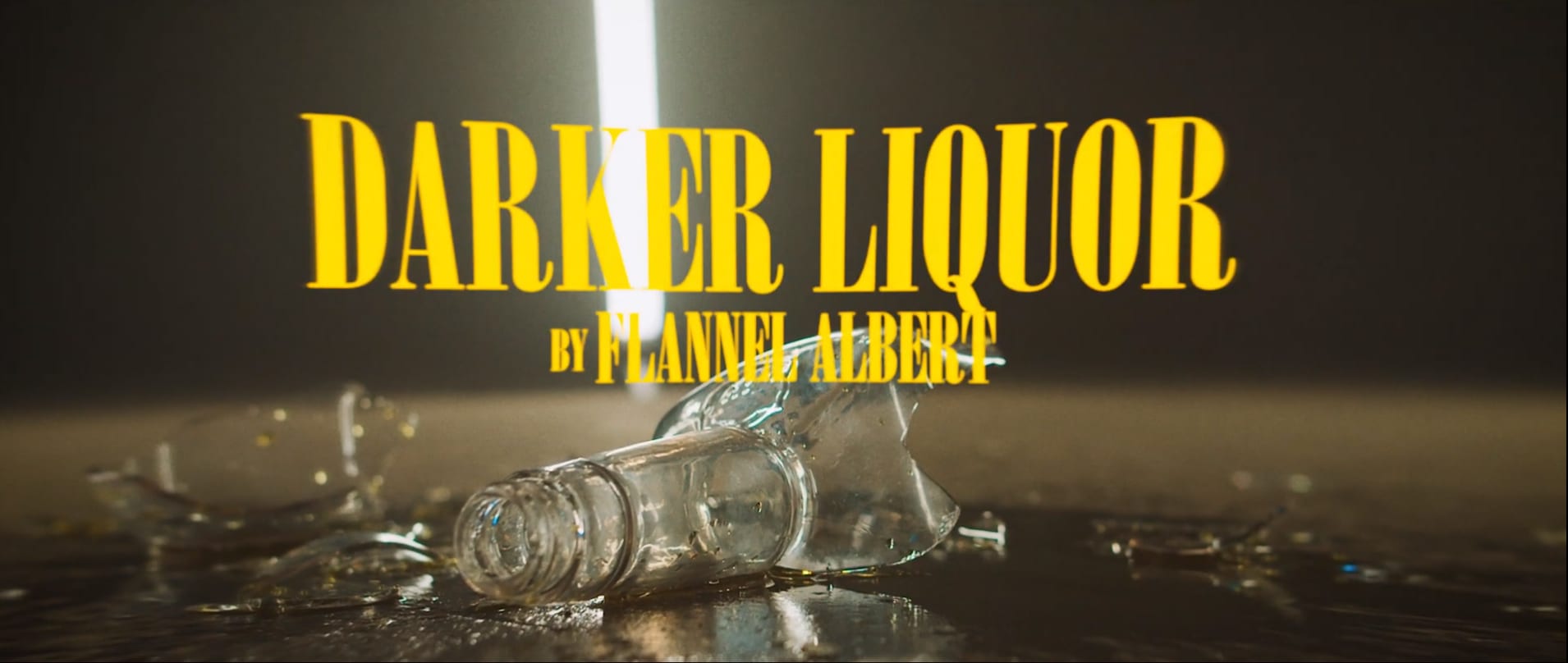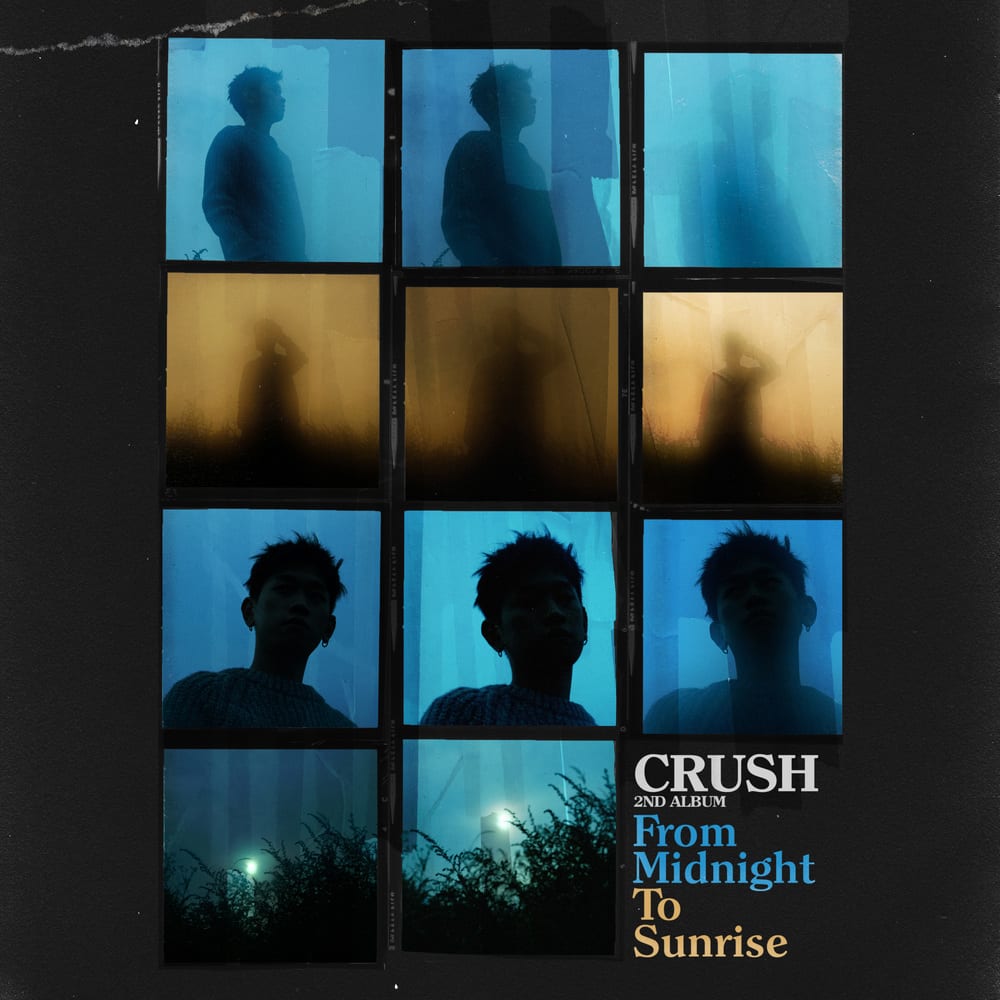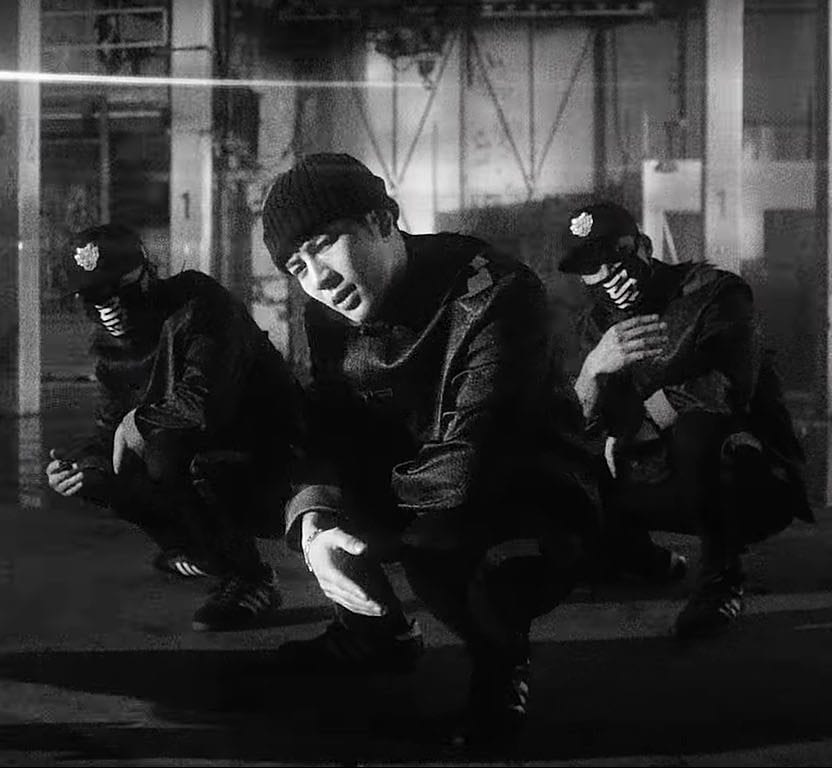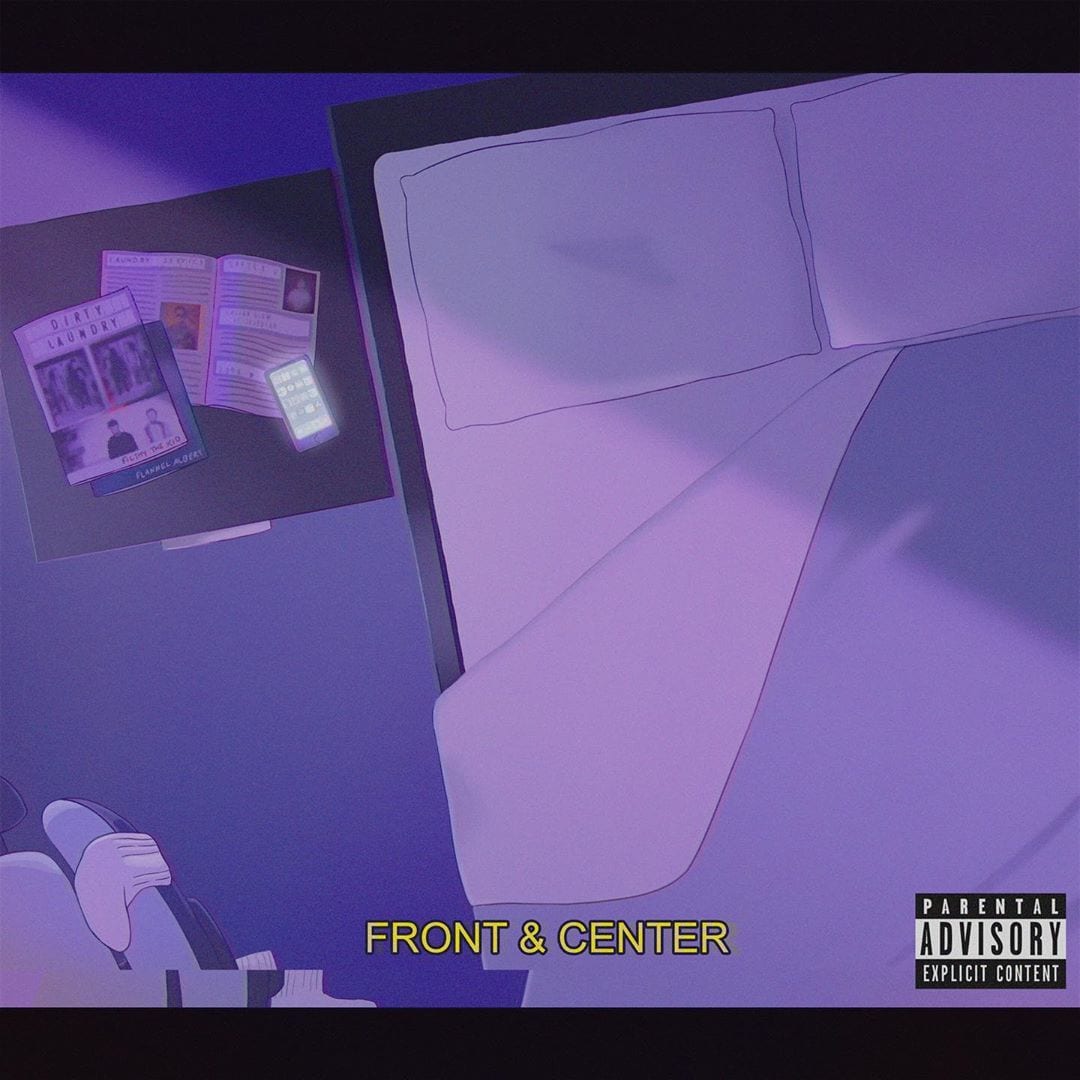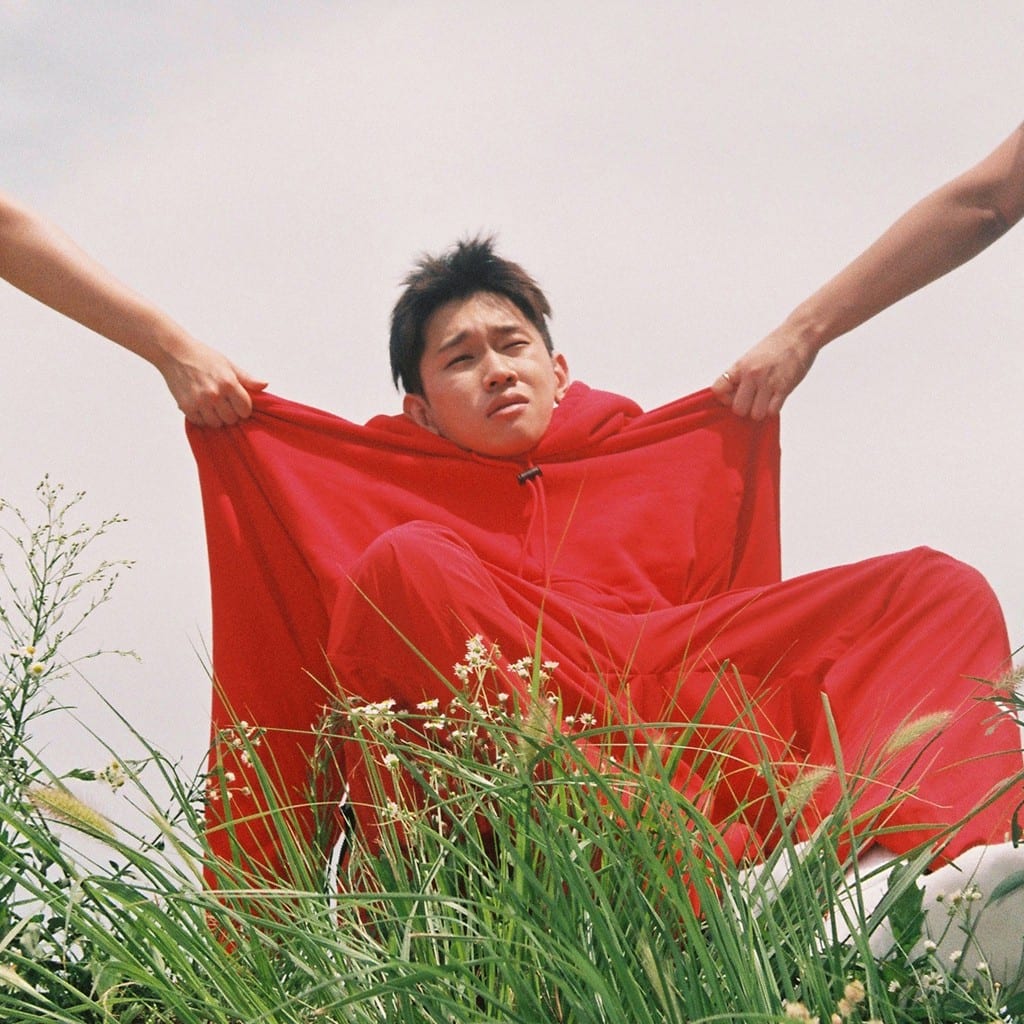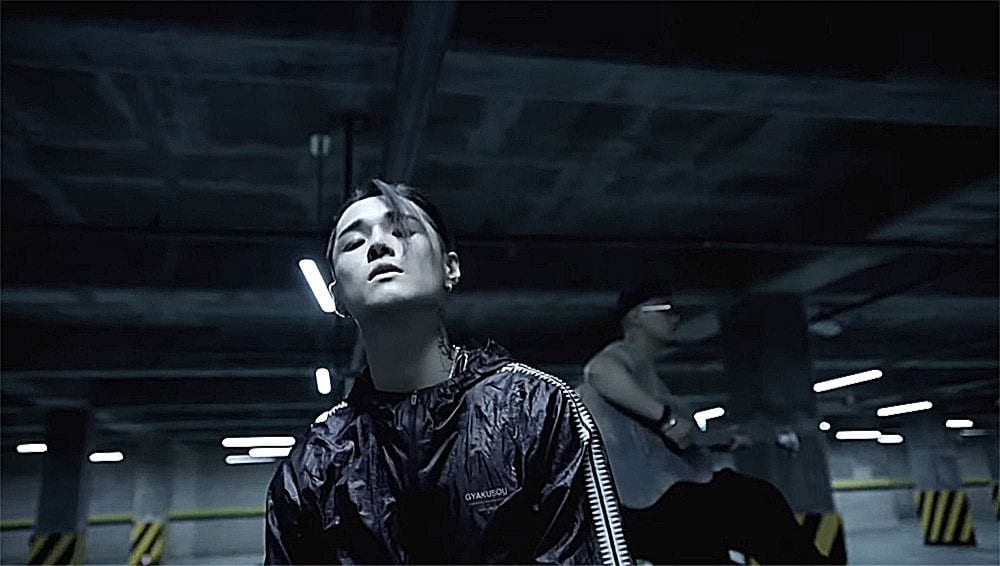LATE LEE has had to unfold himself out of a lot of self-doubt and feelings of being mentally lost. He’s taken long-term breaks from social media to try to find his center on more than one occasion. Out of that exploration and journey to inner peace, he gifted fans his most poignant work to date. His second EP, “12AM.”
V1NO Explores Emotional Emptiness in “Runaway”
It’s truly a blessing to discover new talent. Particularly when they’ve worked so hard through so much to be able to share those talents with the world. Thus we have Paul Shin, now known by the stage name V1NO. This young man has had a life you wouldn’t believe. (But we’ll get more into that in our interview.) Last year he began to pursue his music in earnest. With that came the release of the music video for his song “Runaway.”
G.Soul Reborn from Grief as Golden in “Hate Everything”
It’s been a long two years since G.Soul enlisted. Fans of the honey-voiced singer were elated when he was finally discharged, promising new music upon his return. Almost as soon as he became a civilian again, he signed with Jay Park’s H1GHR Music and changed his stage name to something many would consider more apropos: Golden.
“Darker Liquor” by Flannel Albert: Of Vice & Men
I can’t begin to fathom the depths of Flannel Albert. Never mind I’ve known him for a few years now. The man has an emotional depth that most, including myself, have yet to even scratch the surface of. By now it’s common knowledge that he’s a remarkable writer. He’s mastered the art of false perception. Behind the playful composition and lilt of his melodic rap style, he buries some of the deepest parts of who he is. The darker parts of his melancholy.
Crush’s “From Midnight to Sunrise” is an Aural Masterpiece
Let me just get something out of the way. I got a song and a half into Crush’s latest album and was on the verge of tears. The last time this happened I was at uni. I’d just heard Jeff Buckley for the first time. After getting over the injustice of him having passed away before I discovered him, listening to Grace ripped something in me that’s never been repaired. Dammit, if Crush didn’t widen the crag with From Midnight to Sunrise.
Samuel Seo’s “The Misfit” is a Work of Art
This man just doesn’t know how to make a bad album. It’s like he’s physically incapable of doing so. It makes sense. Samuel Seo doesn’t release work every three months. He takes his time to develop, learn, nurture his sound. It’s obvious in the way he’s crafted The Misfit.
Jackson Wang’s “Raw, Authentic Self”: “TITANIC” Review & Interview
“[Rich] Brian and I joined forces to make the best track to vibe out to with ‘Titanic.’ This song is all about getting hype, dancing, and having fun. I’m proud that we are representing Asian cultures together with this collaboration.”
–HiphopKR interview with Jackson Wang
There’s nothing more satisfying as a fan of music than character development. There are some artists whom you desperately want to like for the merits of the craft. But somewhere along the line they fall short of what you really want for them. Ultimately, you want them to tap into their potential. Jackson Wang is one such artist. Someone brimming with talent, ambition, and an obvious need to get something out of him. An artist whom I’ve always wanted to truly tap into his potential.
TITANIC
With his latest release, “TITANIC,” Wang has found his voice. Damn, does it ever smack you in the face!
Okay, as much as I want to dig into the imagery of this piece, I have to get one thing out of the way. Who the hell is this dude?! Yes, yes. I know Jackson Wang, rapper, dancer, Olympic fencer of JYP K-pop group GOT7. However, whoever this dude is, is not that guy. Wang has been working toward making a name for himself beyond the K-pop visage of his group. His efforts, in my humble opinion, have been hit or miss. I could always tell there was something grittier beneath the surface. Ultimately, however, I just saw attempts at replicating hip-pop trends. (At the end of the day, all style, no substance.)
Then “TITANIC” crosses my desk. Within the first fifteen seconds I had to stop the video. With production from Falcons, the track itself is a work of barely contained aggression. As he revealed in our email interview, “This song is all about getting hype, dancing, and having fun.” That being said, “TITANIC” does so much more than serve as a typical club bop.
Familiar sounds, straight out of P Diddy’s New York. That’s what initially got me. That sound is a piece of my childhood. Record scratches meant to mimic a brush against a cymbal. Hip hop-laced jazz conventions with classic breakbeats. Wang held his own with it. Lyrically it’s your typical bit of puff and bombastic bravado. If you’re gonna do the thing, you gotta do the damn thing. Wang definitely did his thing. With a whispered chorus that hits like a roar, he made a loud point: I came to do work!
Rich Brian
Wang is rude here. Gritty. There’s something undeniably rough about the song’s makeup. It’s unpretty, unapologetic. What you get here is a man who knows his mind. Knows exactly who he wants to be and what he wants the world to see in him.
Working with Indonesian-Chinese rapper Rich Brian added even more texture to the piece. The 88Rising rapper is known for his snarky lyricism and more recently his penchant for biting introspection. His contribution carved a deeper crag of realism to the glossy veneer of Wang’s K-pop doppelgänger.
“88rising has always been my family and we’ve always supported each other,” Wang says. “We were friends, and then started to work together. I’ve been a fan of Brian for a really long time. I am so grateful that he wanted to do a verse on ‘Titanic.’ We met for the first time when we shot that video.”
New Directions
Wang doesn’t exactly have a presence in K-hip hop circles. That’s half a product of not actually being Korean and half because, speaking truthfully, he hasn’t proven that he has the chops to contend. Granted, you could say that about at least half of the K-hip hop scene anyway. But it’s a harder case to make when you come from the world of K-pop. (And as part of the former “Big 3,” no less.)
What does he do? He waits. He waits and he works. Make no mistake, it took a lot for Wang to get where he is now. Tracks like “Papillon” and “Fendiman” doing little more than rehashing music from the States that, while not exactly artistic masterpieces in and of themselves, has origins that he just has no experience with. Then he releases “Bullet to the Heart,” and I started to pay attention.
“I wanted to create a song that showed my raw, authentic self. ‘Bullet to the Heart’ is such an emotional song that really tells the story of the recent hardships I’ve gone through in my life. I think that [‘Bullet to the Heart’] is different because of that. It has some of my hardest moments embedded in the song and video through the melody and production.”
A Titanic Image
“TITANIC” is a bold statement from a K-pop perspective, certainly. It’s the type of fearless energy we expect from hip hop. However, we don’t get much of that same fearlessness from its fluffier peer in pop. It’s a question of control. As Wang branches out and builds a career separate from his group’s musical confines, social media must play a role. After all, we are in an era that, love it or hate it, seems to dictate the trajectory of someone’s career. Wang has had his fair share of controversy, but he’s also tried to be meticulous in how his image comes across on social media.
“I think that social media is very important because that’s where I can interact with all of the people that support me. Social media does allow me to express my real self, whether it is with the group or solo actually.”
The Video
Never mind the song being something of a revelation as far as Wang’s career. The video is a testament to just how calculated he is. Just how much control he has over every aspect of his solo career. Director Brendan Vaughn has worked with the likes of Migos, 5SOS, and Travis Scott. His aesthetic is brooding, moody, and focused. It’s a fitting match for a man who proclaims to want desperately to show the world who he really is.
“Brendan and I worked together to come up with the concept. It was important to me to work with the Kinjaz as well. I wanted to showcase dance choreography in a more hip-hop way, and make a dope video to match the vibe of the song.”
He continues, “Kinjaz are my brothers, we’ve been working together for a while now!”
It’s smart, period. There was every opportunity for him to go for something ostentatious, colorful. However, he and Vaughn opted for the classic black-and-white motif. With the added monochrome effect, we as viewers are forced to zero in on every movement, every lyrical inflection.
The video’s imagery draws almost directly from the film’s premise: the failed voyage of the legendary RMS Titanic itself. Most notably the image of the car. While it was the scene where our two protagonists in the film cemented their romance, Wang and Brian seemingly act as the waves that wash it all away. The car rapidly filling with water after hitting something weighty enough to sink what was meant to be the mightiest ocean liner to ever sail.
“TITANIC” could very well be Jackson Wang’s ultimate declaration of “I am!” He enters the screen slow, rising from a sitting position. An iceberg sneaking into your line of sight through the darkness. From there, the beat comes in like the first impact of that ice. At that point Wang and Brian cut into your expectations and tear through them like tissue paper. (Water everywhere, the car nearly completely submerged, then slowly sinking into a puddle.)
Conclusion
“TITANIC” is a beast of a track. Just as its name suggests, it storms in fast and hard, made of iron and fire. If the track is anything to go by, this is the tip of a very large iceberg. This is a new era for Jackson Wang. If he continues along this path, giving audiences his “raw, authentic self,” there’s a chance we’ll look back on “TITANIC” as the moment he went from K-pop pretty boy to competent rapper.
Follow Jackson Wang:
[icon type=”apple”] [icon type=”facebook”] [icon type=”home”] [icon type=”instagram”] [icon type=”soundcloud”] [icon type=”spotify”] [icon type=”twitter”] [icon type=”youtube”]DIRTY LAUNDRY Need Love in “Front & Center”
FLANNEL ALBERT and Filthy The Kid return with an LL Cool J style love lament. “Front & Center” is the love song we didn’t know we needed.
Crush & the Art of the Flex: “NAPPA” Double Single
When Crush released the double single “NAPPA” at the end of August, it was definitely a reminder of why he’s the best in the game.
The Vocal Genius of DEAN: “Howlin’ 404” Acoustic
When DEAN unexpectedly dropped the acoustic version of “Howlin’ 404,” he reintroduced fans to the power and subtle genius of his voice.
